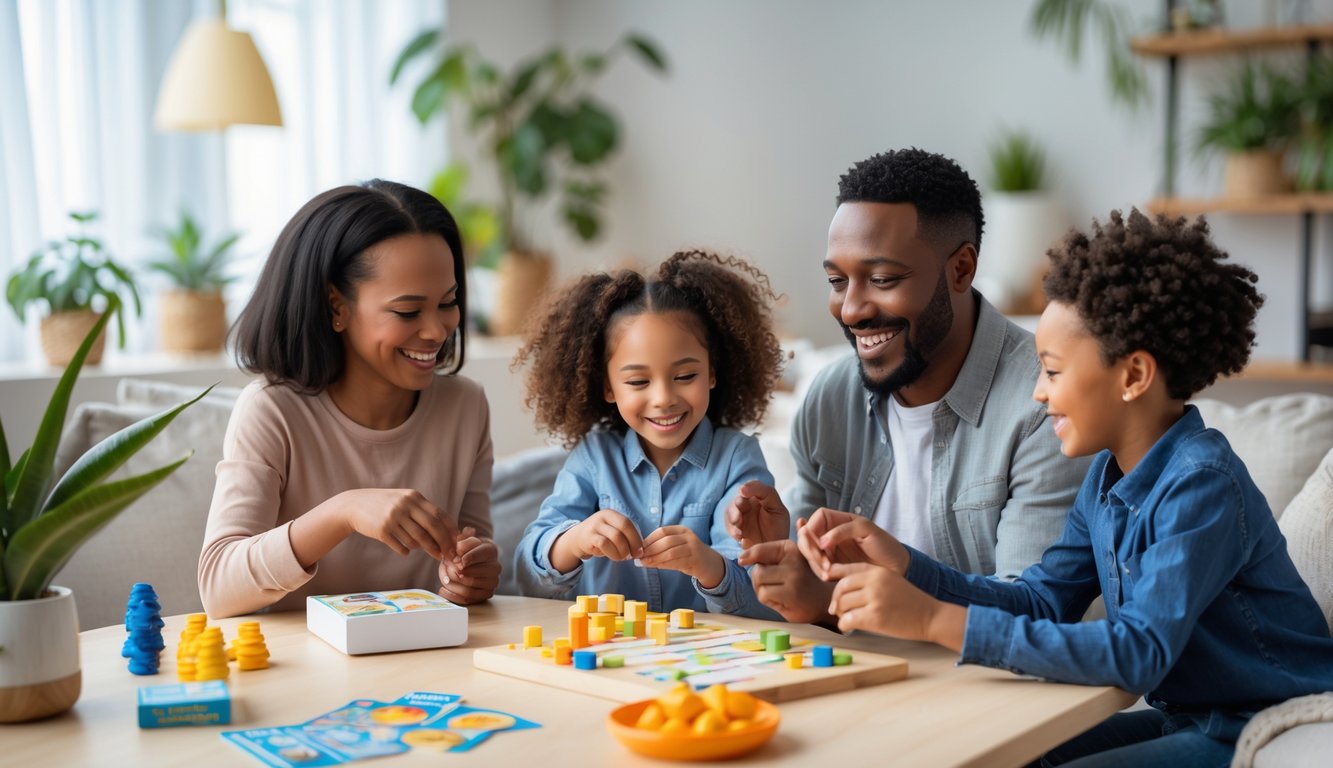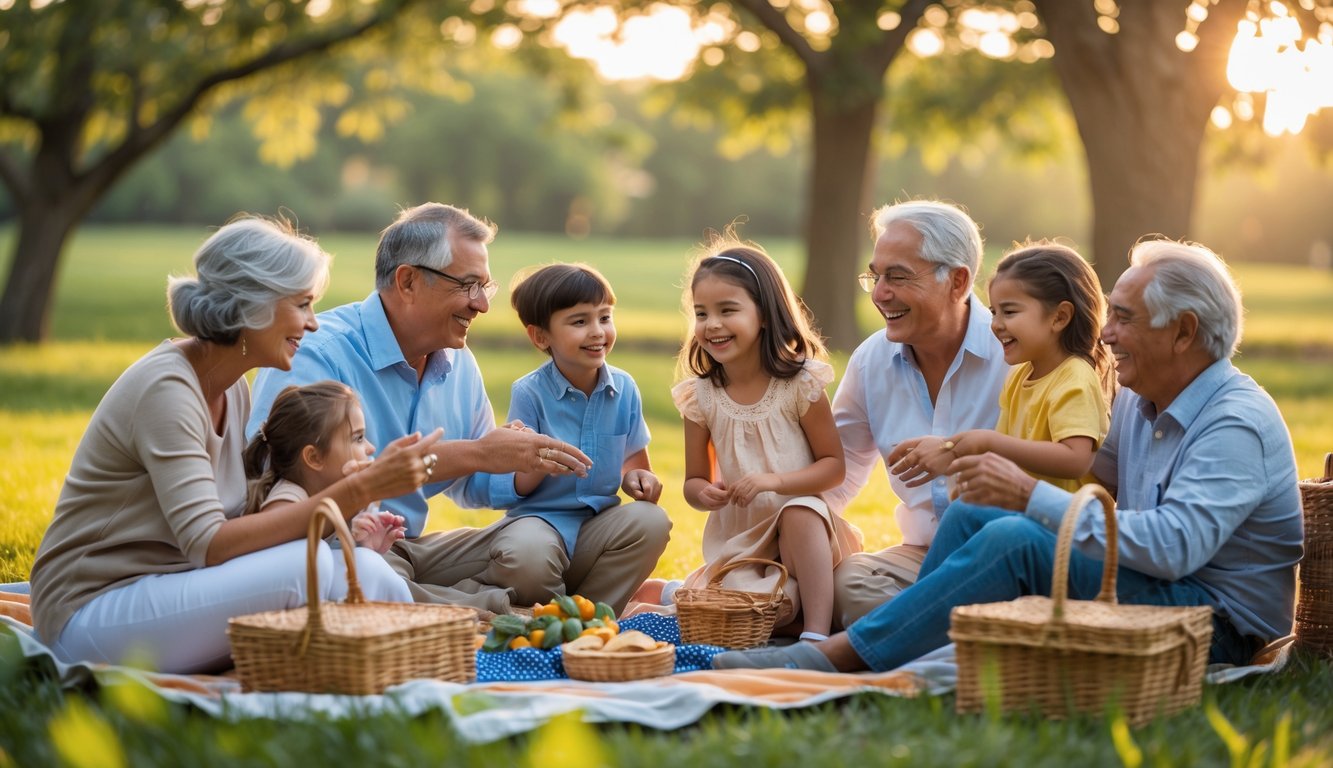
So, my living room? Disaster zone. Stuffed animals, plastic kitchen crap, whatever toy was “hot” at preschool last month—it’s all ignored, just gathering dust. I asked my friend (she’s got a PhD in developmental psych, so she’s probably not making this up) why nobody, especially kids, seems to care about new things for more than five minutes. She goes, “Experience gifts actually make people happier, long term.” Apparently, that’s not just her take—Cornell’s got, like, two decades of research proving it. Still, somehow, people act like it’s a huge mystery: is a trampoline park pass better than a fresh LEGO set? Even though Deloitte’s 2024 holiday survey flat-out says most families are picking experiences now. Am I missing something?
And then everyone’s shocked when a zoo trip gets talked about for years, but the “cool” gadget is just gone—probably under the couch with the petrified Goldfish crackers. My cousin pooled cash with her in-laws for a family cooking class last year—nobody cared that there were fewer gift bags. That’s actually kind of wild, right? People keep acting like you can’t get creative, but my neighbor literally just wrapped up a museum membership for her kids, and they lost their minds. Louder than birthday cake, swear to God.
The Rise of Experience Gifts for Families

One minute I’m threatening to toss the unicorn pile in a donation bin, next minute, a museum membership or a random trapeze class for six-year-olds is the only thing saving my sanity. Experience gifts are basically pushing “stuff” out—not because it’s some minimalist Instagram trend, but because they don’t make a mess, they get people hyped, and, if you believe the 2023 Gallup poll, they actually stick in your brain way longer than a box of whatever.
Shifting Trends in Gift Giving
I used to think gift cards were the safest bet. Turns out, nope. National Retail Federation surveys keep saying families are switching to non-stuff gifts, and the numbers aren’t even close. Unboxing something? Fifteen seconds of chaos, then it’s just landfill. Give a rock climbing pass, though, and you’ll hear about it for months—possibly forever. Experience Institute says families talk about event tickets for over a year. (Feels true, honestly.)
Consumerism’s not dead, but people are sick of buying the next shiny thing that’s obsolete by January. Grandma’s post-Christmas wisdom: “Less to pick up, more to laugh about.” Material gifts still exist—socks are eternal—but the real fun is in doing stuff, not owning it. That’s how it went for me: I got tired of organizing junk, so I started buying hiking passes. Where do you store a hiking pass? Nowhere. Exactly.
The Influence of Experiences Over Material Goods
People say experiences “build togetherness.” Sounds cheesy, but, like, nobody remembers what they got three birthdays ago, but everyone in my family can recall the zoo trip where the giraffe sneezed on Aunt Linda. Dr. Thomas Gilovich at Cornell—he’s the research guy—says shared experiences make people happier because you get all the anticipation, the actual event, and then the memories. Way better than that quick dopamine hit when you unwrap something.
Materialism just makes houses messy and kids fight over who got the better toy. Experience gifts force people to actually interact. Escape rooms? You want family therapy, try one of those. If you want “meaningful connection,” honestly, a day trip—even with sunburns and forgotten snacks—beats another toy every time. My dermatologist neighbor will never shut up about sunscreen, but whatever, the sunburn’s part of the memory.
Family Values and Modern Lifestyles
Parents are wiped out. Half my friends would rather pay for an aquarium sleepover than clean up after another LEGO explosion. As families cram into smaller apartments with less time and more bills, “stuff vs. experiences” isn’t even a debate anymore. No closet for a new gadget? Good. Child psychologist Dr. Jennifer Hartstein says families should “prioritize moments over possessions.” Supposedly, it’s good for kids’ emotions. I buy it.
Kids, weirdly, start asking for activities instead of toys. They’ll remember their first pottery class way longer than that weird plush worm. Extended families are catching on, too: instead of mailing another hoodie (that never fits), now it’s dinosaur exhibit tickets. Siblings plan escape rooms, even though nobody ever solves them and someone always loses a shoe. But those stories outlast every “must-have” present we used to freak out about.
Why Experiences Create Meaningful Memories

Honestly, nobody’s getting sentimental about wrapping paper or plastic towers of junk. The stuff people actually remember? It’s almost never “stuff.” Socks don’t get legendary status, but that foggy road trip where we had to fix a flat tire? That’s family lore. It’s like, if there’s a trick to making family memories, it’s not in the Target aisle.
Building Lasting Family Bonds
What drives me nuts is how every time I buy another board game, hoping for a “family moment,” it flops. But if I book a weird pottery class or force a weekend with no WiFi, everyone’s still talking about it months later. Dr. Gilovich—Cornell guy again—has twenty years of research showing shared experiences make people closer than stuff ever does.
Even my clients (I started pushing experience gifts—guided hikes, escape rooms, improv workshops, whatever) come back saying their kids keep repeating jokes from those days. There’s a reason “memory jars” are a thing. Ticket stubs, scribbled notes, weird inside jokes—they all stick around. Meanwhile, nobody remembers the “big” gifts. New phone? Meh.
And the best part? Even the stuff that goes wrong—like the time I almost broke my ankle on a zipline—gets retold at every reunion. Messy, but somehow that’s what keeps people close.
Memories Versus Possessions: What Truly Lasts?
You probably know the science, but it doesn’t hit until you see a toy collecting dust a week after Christmas. But bring up the zoo sleepover (everyone freezing, lemur shrieks, dinner from a vending machine) and suddenly the whole family’s laughing. Possessions just… evaporate. But experience gifts? Bird & Trove says they bring “long-term happiness and lasting memories.” That actually checks out.
Psychologists say experiences get “woven into our identities.” Sounds a little dramatic, but my neighbor still talks about her parents dragging her out for a midnight star walk decades ago. Who describes themselves by their Bluetooth speaker? Nobody. But say, “Remember when…” and the whole room lights up.
I gave my niece a digital camera and set up a scavenger hunt—she still has the pictures on her wall, even though the camera’s dead. Stuff leaves, but memories? They move in.
The Psychology of Making Memories Together
Here’s the weirdest part: you don’t need big, expensive adventures to make memories that last. I read somewhere (Psychology Today? Maybe?) that anticipation and remembering the event are actually more fun than the gift itself. Dr. Gilovich says, “We anticipate, experience, and then reminisce.” It’s like a three-for-one deal.
But seriously, the real magic is when a random family joke pops up months later. My cousin’s wedding? They spent a fortune on decorations, but all anyone talks about is the spontaneous dance-off. If someone tries to sell you on “bigger is better” for family experiences, ask them if they remember their last gadget more than a surprise snowball fight. They won’t. Hedonic adaptation—look it up—means shiny things get boring fast. Awkward, messy memories? Those are forever.